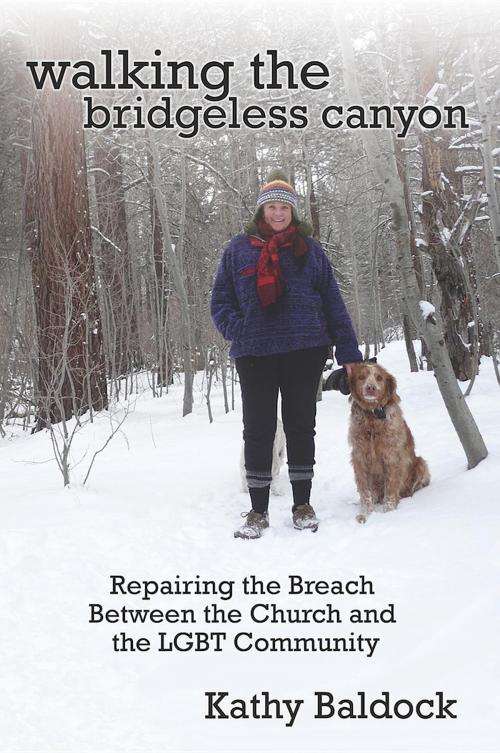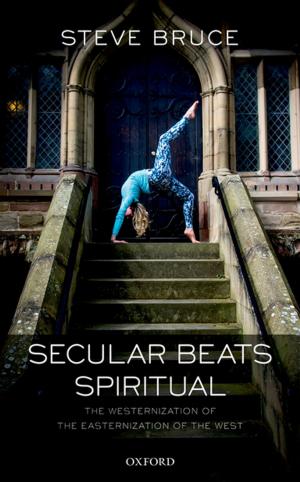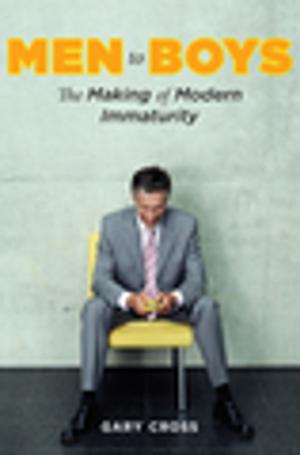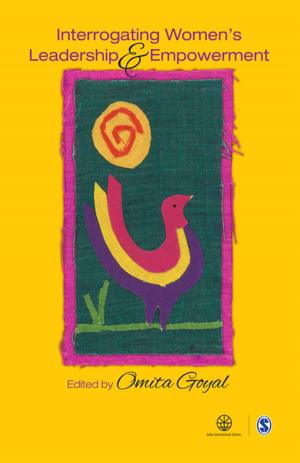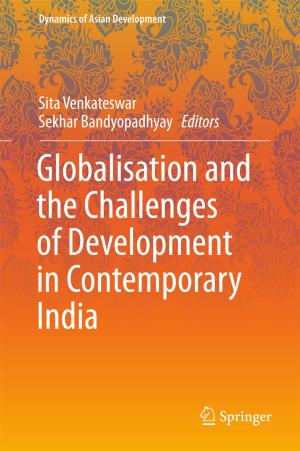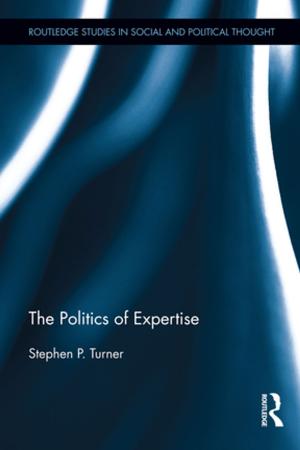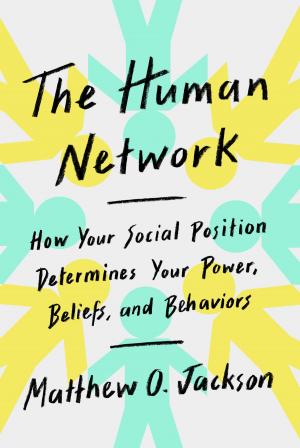Walking the Bridgeless Canyon
Repairing the Breach Between the Church and the LGBT Community
Nonfiction, Religion & Spirituality, Christianity, Church, Church & State, Social & Cultural Studies, Social Science, Sociology| Author: | Kathy Baldock | ISBN: | 9781619200296 |
| Publisher: | SEGR Publishing LLC | Publication: | October 1, 2014 |
| Imprint: | CanyonWalker Press | Language: | English |
| Author: | Kathy Baldock |
| ISBN: | 9781619200296 |
| Publisher: | SEGR Publishing LLC |
| Publication: | October 1, 2014 |
| Imprint: | CanyonWalker Press |
| Language: | English |
In 2001, Kathy Baldock, a straight conservative evangelical Christian, met Netto Montoya, a lesbian Native American, on a local hiking trail near her home in the Sierra Nevada. Their developing friendship challenged Baldock’s cultural and religious beliefs about gay, lesbian, bisexual, and transgender people.
In Walking the Bridgeless Canyon: Repairing the Breach Between the Church and the LGBT Community, Baldock constructs a narrative timeline, including fascinating stories and personal testimonies, detailing the historical and current social, medical, cultural, and religious discrimination which have impacted the gay and transgender communities, with particular focus on the intersection of the conservative political and religious right beginning in the late 1970s.
Baldock examines the layers through which people often view the gay and transgender communities. Topics covered include the cultural history of human sexuality, same-sex behavior and homosexuality, as well as the reason homosexuality has been seen as a mental illness, the subsequent evolution, impact, and decline of conversion reparative therapy ideology, the beginnings of the HIV virus in Africa in 1921 and its eventual spread to America, the science of sex, gender, and sexual orientation, a critical analysis of biblical passages on same-sex behavior, the social history of marriage and a biblical case for LGBT marriage, the start of the gay activist and gay Christian movements, stories of LGBT Christian youth and parents, and finally, ways in which allies and advocates might engage in productive dialogue for inclusion.
Walking the Bridgeless Canyon is relevant for several target audiences: those who are striving to understand how the LGBT community has become a target of cultural and religious discrimination, students of civil rights, and social and political history, conservative Christians seeking to find a more informed, civil and gracious way to engage their own gay or transgender family and friends and the LGBT community in general, and progressive Christians who strive to rise above biblical disagreements and engage in a more informed and broad conversation for inclusion of LGBT Christians in faith communities.
We each evaluate events, people, and even Bible verses though personal filters fashioned from our life experiences, interactions, education, and even the way we process knowledge. Add to this the societal events that came before us, over which we have no control but which have been layered, on atop another, as the foundation of what we understand today. Then, add to all that a spiritual layer, unique to each of us, shaped by our theology, the biblical teachings we’ve been exposed to, and our personal relationship with and views of God. It is no surprise, then, that we can arrive at diverse assumptions and conclusions in the intersection of faith and sexual orientation and gender identity.
Walking the Bridgeless Canyon is a highly accessible book meticulously researched with almost 500 footnotes which ultimately challenges readers to assess and remove their own flawed or ill-informed lenses through which they view the LGBT community.
In 2001, Kathy Baldock, a straight conservative evangelical Christian, met Netto Montoya, a lesbian Native American, on a local hiking trail near her home in the Sierra Nevada. Their developing friendship challenged Baldock’s cultural and religious beliefs about gay, lesbian, bisexual, and transgender people.
In Walking the Bridgeless Canyon: Repairing the Breach Between the Church and the LGBT Community, Baldock constructs a narrative timeline, including fascinating stories and personal testimonies, detailing the historical and current social, medical, cultural, and religious discrimination which have impacted the gay and transgender communities, with particular focus on the intersection of the conservative political and religious right beginning in the late 1970s.
Baldock examines the layers through which people often view the gay and transgender communities. Topics covered include the cultural history of human sexuality, same-sex behavior and homosexuality, as well as the reason homosexuality has been seen as a mental illness, the subsequent evolution, impact, and decline of conversion reparative therapy ideology, the beginnings of the HIV virus in Africa in 1921 and its eventual spread to America, the science of sex, gender, and sexual orientation, a critical analysis of biblical passages on same-sex behavior, the social history of marriage and a biblical case for LGBT marriage, the start of the gay activist and gay Christian movements, stories of LGBT Christian youth and parents, and finally, ways in which allies and advocates might engage in productive dialogue for inclusion.
Walking the Bridgeless Canyon is relevant for several target audiences: those who are striving to understand how the LGBT community has become a target of cultural and religious discrimination, students of civil rights, and social and political history, conservative Christians seeking to find a more informed, civil and gracious way to engage their own gay or transgender family and friends and the LGBT community in general, and progressive Christians who strive to rise above biblical disagreements and engage in a more informed and broad conversation for inclusion of LGBT Christians in faith communities.
We each evaluate events, people, and even Bible verses though personal filters fashioned from our life experiences, interactions, education, and even the way we process knowledge. Add to this the societal events that came before us, over which we have no control but which have been layered, on atop another, as the foundation of what we understand today. Then, add to all that a spiritual layer, unique to each of us, shaped by our theology, the biblical teachings we’ve been exposed to, and our personal relationship with and views of God. It is no surprise, then, that we can arrive at diverse assumptions and conclusions in the intersection of faith and sexual orientation and gender identity.
Walking the Bridgeless Canyon is a highly accessible book meticulously researched with almost 500 footnotes which ultimately challenges readers to assess and remove their own flawed or ill-informed lenses through which they view the LGBT community.
